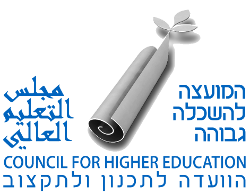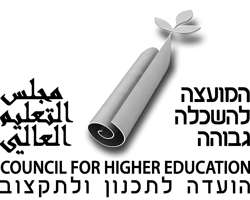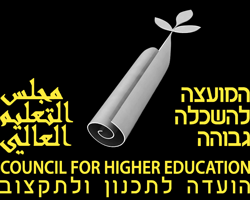300,000 Enrolled at Academic Institutions
A few facts and figures as the 2017/2018 academic year begins
The 2017/2018 academic year has begun at the 62 institutions of higher learning: 8 research universities, the Open University, 20 budgeted academic colleges, 12 unbudgeted colleges, and 21 academic colleges of education.
This year, 309,530 students are enrolled in academic degree programs at all of the above institutions (including the academic programs under the aegis of the universities and the Open University).
Minister of Education and Chairman of the Council Naftali Bennett said, “I wish all students in Israel a challenging academic year filled with personal growth. We promise to provide you with the best tools for success, and your job is to work hard, be creative and be leaders in research, in the community and, later, in industry.
This year, we will be placing special emphasis on strengthening high-tech tracks. The shortage of engineers and computer science graduates in Israel is a chronic and strategic problem, and we are determined to solve it. We have almost doubled the number of high schoolers with 5-point matriculation exams in math, and now we will do the same thing at universities and in higher education in general. It’s essential for us as a country, for high tech and the students’ future.”
Chairperson of the Planning and Budgeting Committee, Yaffa Zilbershats said, “The 2017-2018 academic year is the second year we are implementing a multiannual plan in higher education, which includes the gradual addition of approximately NIS 7 billion. As part of the multiannual plan, there has been a marked increase in budgets for the institutions of higher learning and research funds. We will increase investments in the high-tech and humanities tracks. We will promote innovation in teaching, internationalization of higher education, and will allow more students who live in peripheral areas to be part of Israeli academic excellence.”
Highlights of the multiannual plan:
- Strengthening research infrastructures – gradual addition of NIS 2 billion
- Integration of special populations – gradual addition of NIS 1.3 billion, including Arabs, ultra-Orthodox Jews, Israelis of Ethiopian descent and residents of peripheral area.
- High-tech – gradual addition of NIS 700 million to high-tech professions.
- Strengthening internationalization – gradual addition of NIS 300 million.
- Innovation in teaching – gradual addition of NIS 120 million.


